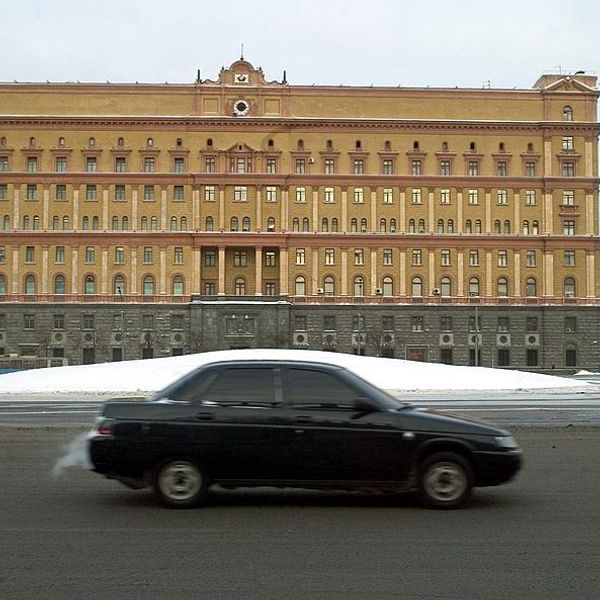Bottom Line Up Front
- Following weeks of protests, longtime Bolivian leader Evo Morales fled the country in mid-November and was granted asylum by Mexico’s government, in what some are calling an illegitimate ouster.
- On November 12, deputy senate leader Jeanine Áñez announced that she would assume the presidency of Bolivia while forming a caretaker government.
- The United States has voiced support for Áñez, but given its sordid history of intervention in Latin American politics, Washington is less than a trusted entity.
- To avoid further instability, Áñez’s caretaker government should eschew partisan politics and seek to incorporate all Bolivians in the political process.
After three weeks of protests following the contested results of a presidential election deemed by the Organization of American States (OAS) to have suffered from ‘clear manipulation,’ longtime Bolivian president Evo Morales fled the country on November 10, 2019. Morales, who started his first term as president in 2006, received asylum from Mexico’s government after claiming that he was forced to flee the country, in what some are calling a coup. Before he accepted exile, Morales intended to run for a fourth term in October, in direct violation of Bolivia’s constitution. Protests erupted soon after the election, which Morales and his supporters claimed that he won fairly. His declaration that he would hold another election did little to mollify the opposition. Following the election, subsequent protests, and the removal of the president, Bolivia is a divided country grasping for stability amid increasing volatility and uncertainty. Bolivia is the latest Latin American country to be rocked by protests, following recent unrest in Chile and Ecuador.
On November 12, deputy senate leader Jeanine Áñez announced that she would assume the presidency of the country temporarily, working to form a caretaker administration. Áñez denied accusations of a coup, though the country’s ousted leader labeled it precisely that. Her move was immediately backed by the country’s highest constitutional court, the Tribunal Constitucional Plurinacional, noting that Áñez was the highest-ranking legislator following a wave of mass resignations on the heels of Morales’ ouster, particularly from senior officials, ministers, and politicians associated with the Movement toward Socialism (MAS) party. On November 13, Áñez reiterated that hers was a temporary position and that new elections would be held as soon as possible without compromising their integrity. In the meantime, she appointed a new chief of Bolivia’s armed forces, General Carlos Orellana. So far, Áñez has received the backing of the United States, the United Kingdom, and Brazil, as well as several other countries, while leaders in Mexico, Nicaragua, Cuba, and Venezuela have called Morales’ ouster illegitimate.
The United States has a long and sordid history of supporting anti-democratic coups throughout Latin America, which has led citizens in these countries to be highly skeptical of Washington’s true intentions. The Trump administration has voiced support for the transitional steps proposed by Áñez. President Trump issued a statement observing that, ‘after nearly 14 years and his recent attempt to override the Bolivian constitution and the will of the people, Morales’ departure preserves democracy and paves the way for the Bolivian people to have their voices heard.’ The United States is pushing for similar change in Venezuela and Nicaragua, labeling the governments of both countries ‘illegitimate regimes.’ The Trump administration has openly pushed for the removal of embattled Venezuelan president Nicolas Maduro, encouraging the military to topple him. However, Western pressure on Maduro has been inconsistent, even as he presides over the collapse of his country and a mass exodus of millions of Venezuelans, many of whom have fled to neighboring Colombia. Over the past several months, Maduro has been emboldened by increasing support provided by Vladimir Putin and an array of Russian military forces and private security contractors.
Compared to Venezuela, Bolivia’s problems are manageable and the country has done an admirable job of lifting many of its people out of poverty. The protests over Morales centered on his attempt to alter Bolivia’s constitution to run for an unprecedented fourth term and then disputed the results of that election. The crisis in Bolivia continues to unfold and there is widespread fear over the possibility of growing violence between protesters and counter-protesters. Morales still retains significant support in the national senate, which vowed to block Áñez’s moves at assuming power. Protests continued in the streets of La Paz, this time over Áñez taking power, with supporters of Morales calling for him to return to Bolivia. Given Washington’s checkered past with interfering in Latin American politics, the Trump administration should tread lightly and not seek to become the dominant force in shaping what comes next. The current government would be well advised to eschew partisan politics and seek to incorporate all Bolivians in the political process, especially considering that Morales continues to enjoy non-trivial support among large segments of the population.











